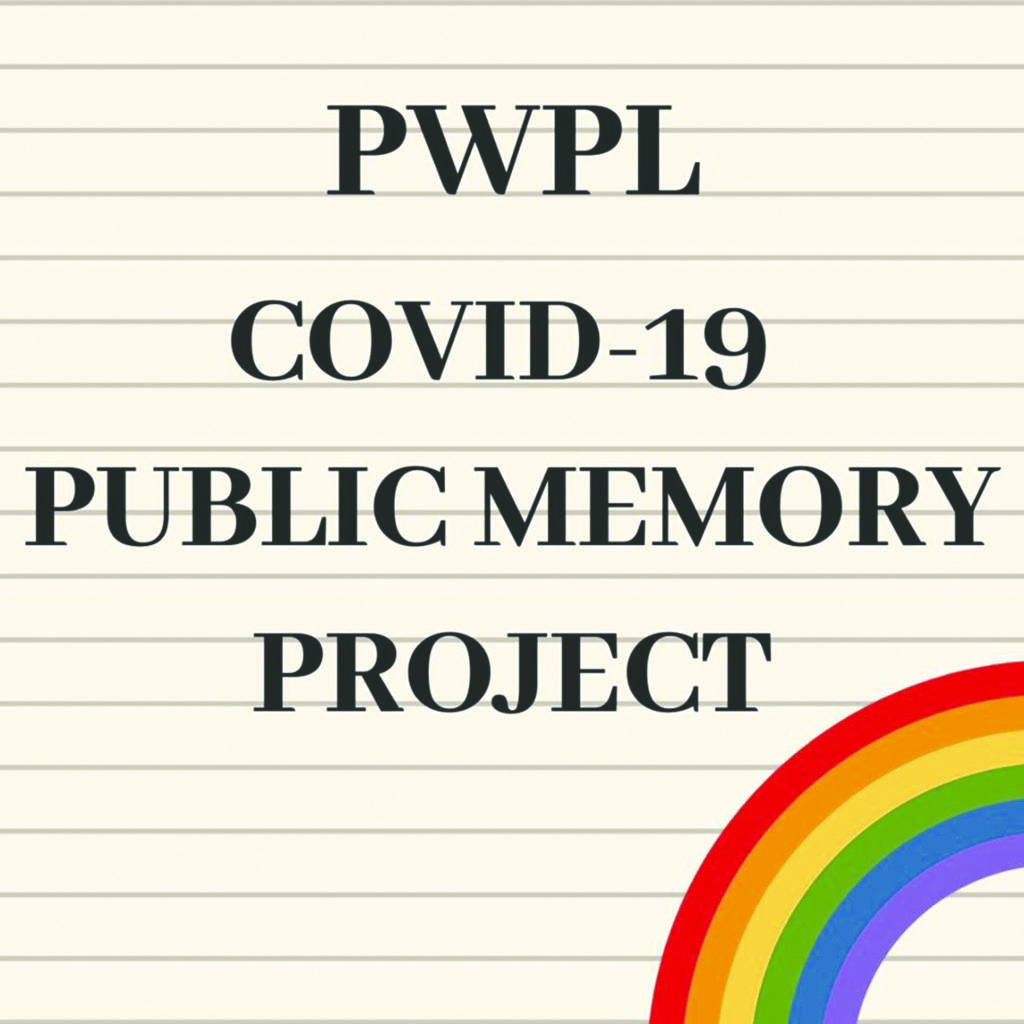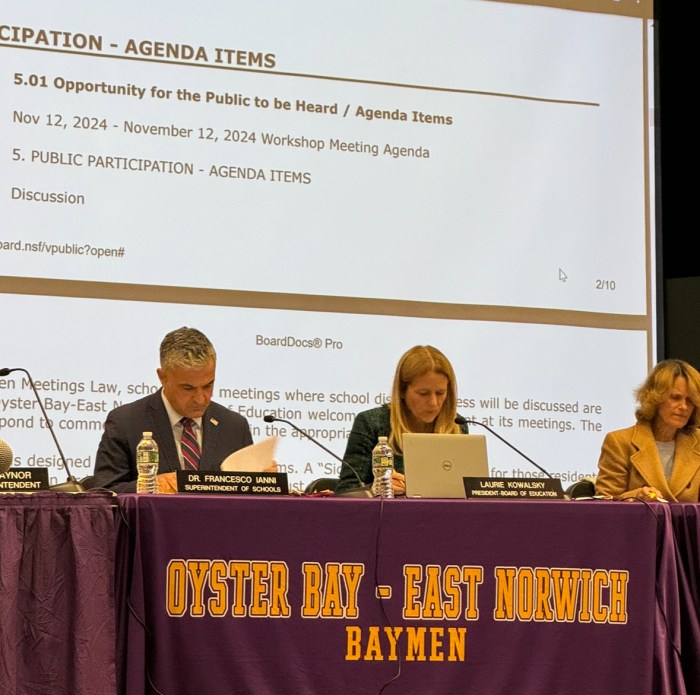In light of the coronavirus pandemic, the Port Washington Public Library’s (PWPL) History Center is conducting a COVID-19 memory project to help document the pandemic for future generations.
The Local History Center at the Port Washington Public Library houses the archival records relating to the Library’s history as well as special collections relating to the history of Port Washington and the North Shore of Long Island. The Center’s mission is to promote, preserve and foster Port Washington’s community heritage.
The PWPL History Center is asking people to contribute their recollections of how they are experiencing the ongoing COVID-19 pandemic. The project is open to Port Washington residents, as well as those from other areas on Long Island.
“We want this to be an inclusive experience for people and therefore [we] are open to including everything people are willing to send us,” Vanessa Nastro archivist and special collections librarian for the PWPL said. “The library is working on outreach to connect with as many residents and community organizations as possible. We hope to collect a sizable selection of materials.”
Those who are interested in contributing to the COVID-19 memory project can submit handwritten journals, photographs, artwork such as rainbow art and signage thanking essential workers, grocery lists and audio or cell phone recordings related to the COVID-19 pandemic. The History Center will not be implementing any guidelines for submissions to keep the documents as genuine as possible. All submissions are open to interpretation by the contributor. Any contributor under the age of 18 must have a parent or guardian’s consent in writing.
“This is meant to be a form of creative expression without any hindrances,” Nastro said. “For example, those who wish to keep a daily journal need not worry about their grammar or spelling. For those who wish to record their thoughts either on tape or on their cell phone, need not hold back or be concerned about coming across as particularly eloquent. We want to know what you are thinking, how you are feeling and how you are spending your days. How people wish to express that is completely up to them.”
Documenting a major health crisis of such a large magnitude can be difficult. Archivists at the History Center will begin with a general inventory of the items, then they will begin to appraise their intrinsic value and take a look at the condition of each item. The items will then be entered into a database for accessioning.
Due to the fact that the virus can live on surfaces for several days, the library will be implementing a special protocol for receiving physical items such as a journals or drawings. The completed collection will then be housed in the History Center’s archival and will also be accessible to researchers both in-person and online in the form of a finding aid (research guide). The PWPL is also considering presenting these recollections in a future exhibit.
This is not the first time the PWPL’s History Center has documented a historical event in the past 20 years. The history center documented the personal experiences of residents who were affected by the events of September 11, 2001. The documentation collected during 9/11 consists of more than 200 interviews and 8,000 pages of transcript, each indexed and summarized.
Although media outlets are constantly updating information related to the pandemic, the PWPL History Center is hoping to document this information so it’s easily accessible in the future,
“We are constantly being fed hours of information across so many media outlets,” Nastro said. “This type of information will be easily and readily accessible for many years to come. What won’t be so easily accessible are the personal accounts of a public who lived through this pandemic. What we hope to achieve with this project is to connect personal histories with shared communal experiences to offer anecdotal evidence at how this pandemic deeply affected the lives of those who lived through it. By creating a shared resource, we have the capability to enable researchers, students and policymakers a comprehensive resource to better understand the impact of this health crisis.”
To submit your documented history to the PWPL’s History Center email localhistory@pwpl.org for more details.































